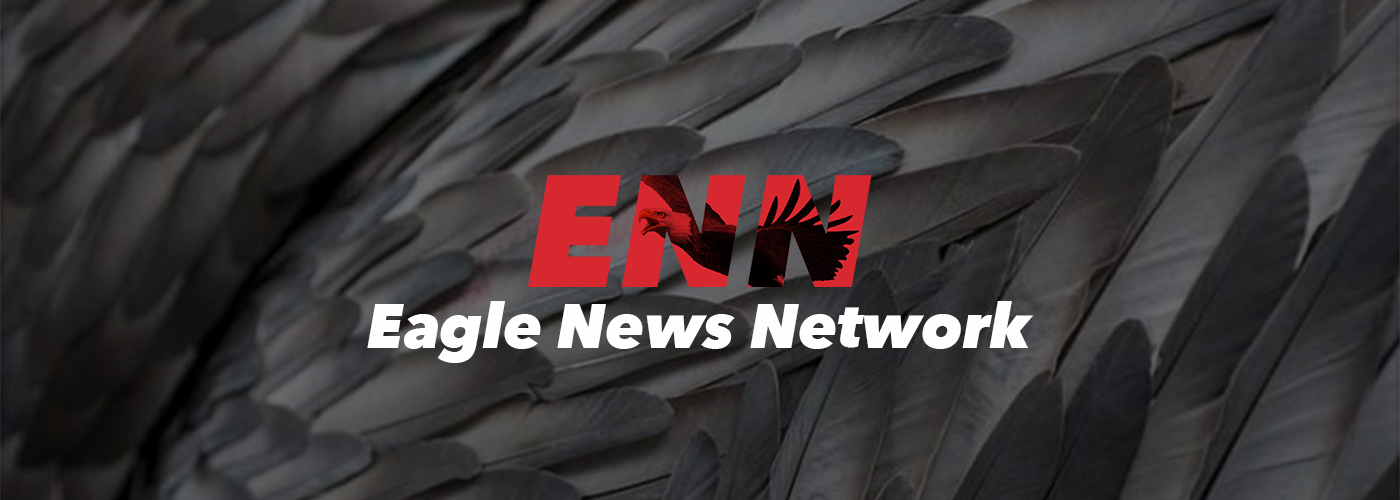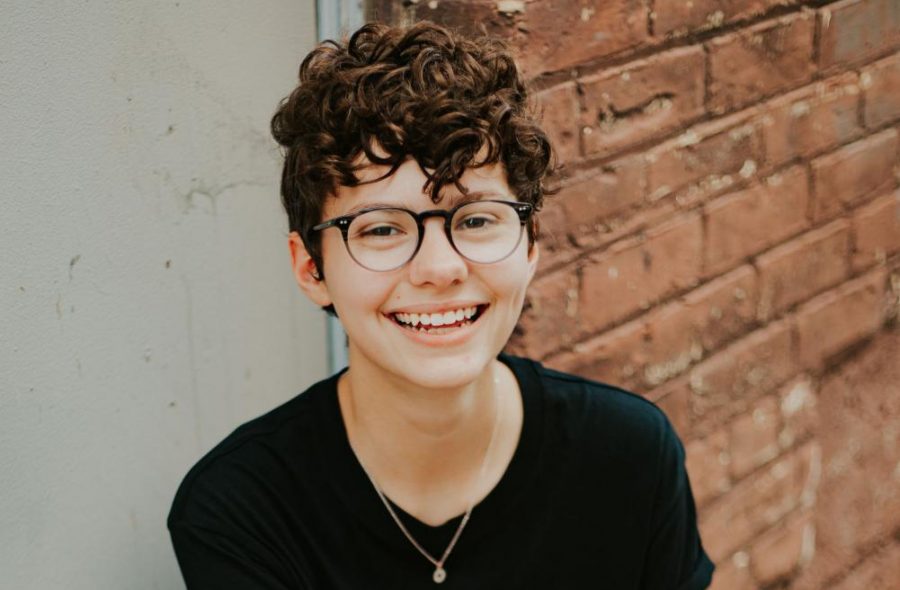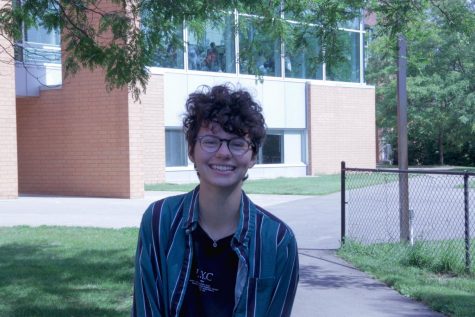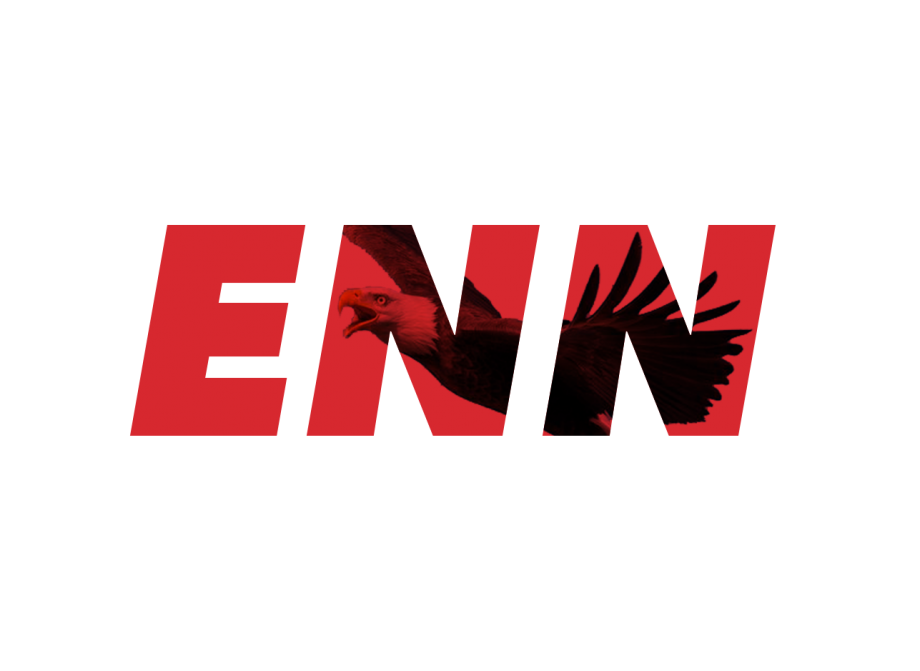Exposure Therapy: Sydney
November 3, 2019
When I was a freshman, I took Honors Civics where we learned about the Constitution and American politics. I loved that class; I loved the people in it, I loved the teacher and I especially loved the subject. As a Hamilton nerd, I sang the lyrics while studying for my tests about Thomas Jefferson and Alexander Hamilton. I was enjoying the class so much until one of the final days. Our teacher announced that we would be doing a socratic seminar during which we did research and debated on two topics chosen by the class. My class chose gun control and gay marriage. For context, this debate took place on Tuesday, November 1, 2016. Same-sex marriage was legalized in the United States in the Supreme Court case Obergefell v. Hodges on Friday, June 26, 2015. Over a year after this “issue” had been settled by the highest court in America, a group of high schoolers was still debating the topic as if it were still up for discussion. At this time in my life, I was an eager ally on the outside, but a closeted, scared individual who had no idea how to identify and how to even begin expressing that to people in my life. When I heard my peers tell me that I don’t deserve to be able to get married, have kids or even live, that didn’t just close the closet door but locked it. I saw my life and my rights as a mere debate topic to teach us how to triangulate sources and form an argument. While it may have been that to many people in the room and to the teacher, it meant more to me. It was a message that who I am is not okay. It was a message that I am not accepted at school. It was a message to hide who I am from everyone in my school. I remember leaving the classroom that day right after the debate to go cry in the bathroom because an identity that I didn’t know whether or not I even held, was being erased from myself and my school.
When I was a sophomore, I took Intro to Social Justice, a class that I thought I would love. I thought I would learn about social justice. I thought I would learn about human rights. I thought I would learn about politics. Instead, I learned that ignorance had rooted itself in my school. One day, I volunteered to give a presentation on the Trump Administration’s treatment of the transgender community in the United States. While I was giving this presentation meant purely to inform the class of the topic, many people asked snarky and ignorant questions that made me feel like I needed to suppress my identity. I didn’t dare bring up my sexuality. After my presentation, though I tried to avoid the topic, the conversation switched to gay rights. During this conversation I was told that gay people don’t deserve as many rights, gay people shouldn’t be allowed in the same locker room as their preferred gender and many other things that I remember to this day. That conversation once again solidified that my identity wasn’t something to be proud of. My identity was something to hide and never tell anyone about. If I did, I wouldn’t feel safe in the classroom. That year I also participated in a day of silence for LGBTQ+ youth where I did not speak for an entire day. I didn’t speak to students, teachers, or friends. But I did walk into every class and show my teacher a paragraph that I wrote about why I was silent. What I did that day didn’t change anything. No one cared about LGBTQ+ youth anymore and didn’t even pretend to care. That day, few teachers, students, or administrators noticed what I was doing or if they did, they didn’t care.
When I was a junior, I wrote a skit called Valid for Trajectories. I submitted it out of anger with straight and cisgender people taking over Pride. I had an almost entirely LGBTQ+ cast and did my best to create a safe space where we could all talk about our identities. That was the first time I had ever spoken about my identity with people in a school environment. We only had those conversations because I created a space and time and facilitation for those conversations. We laughed together and we cried together but we all understood each others’ situations and lives much more and as a cast, we got closer. Being able to share our identities together made me feel like I had a place where not only I felt safe, but a place that empowered me to create a space where others felt that way as well. For many of us, that was the first place we had that inside of school. Because we had that environment, rehearsals felt easy. We all worked together and shared our stories and were very comfortable with the story by the time we got to the performances. On opening night I was backstage getting ready for the dance I was in which was right after my skit. I remember standing, watching from the wings as I saw my stories come to life in front of a full house. In the short 10 minutes that my cast was onstage, I outed myself to every single student, parent, and staff member that was in the audience. After I got offstage from performing my dance, I ran into my friends’ arms and just cried. My story that I put onstage was the first time I ever publicly acknowledged my identity, especially in school.
Now that I’m a Senior, I don’t want another story to tell about the time my identity was made insignificant in a classroom. I want to tell the story of how I changed the way my school addresses identity. So, here I am, telling you all my stories, facilitating other students as they tell you their stories, and waiting for you to stand up and start making a change because as students, we’re tired of being left in the dark.




